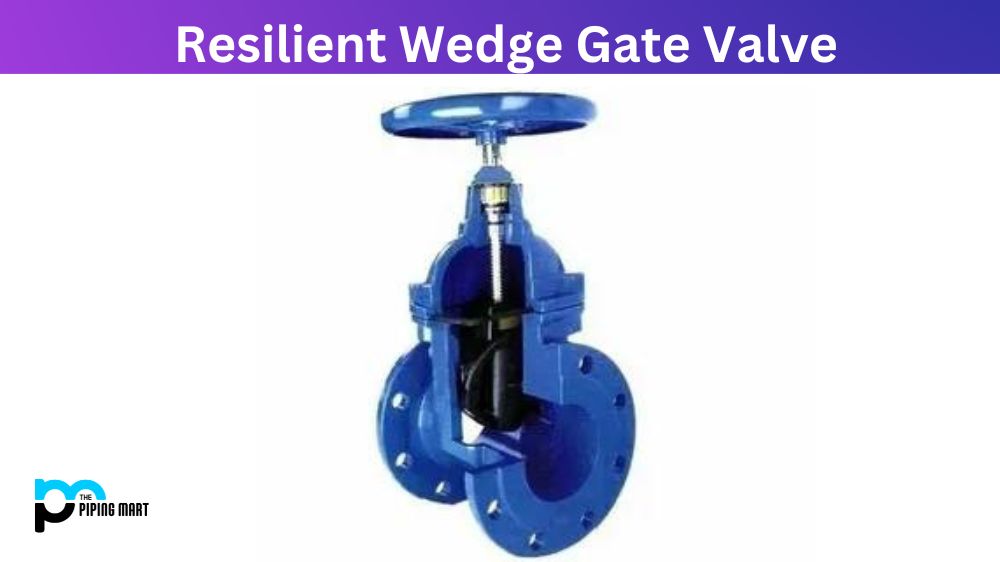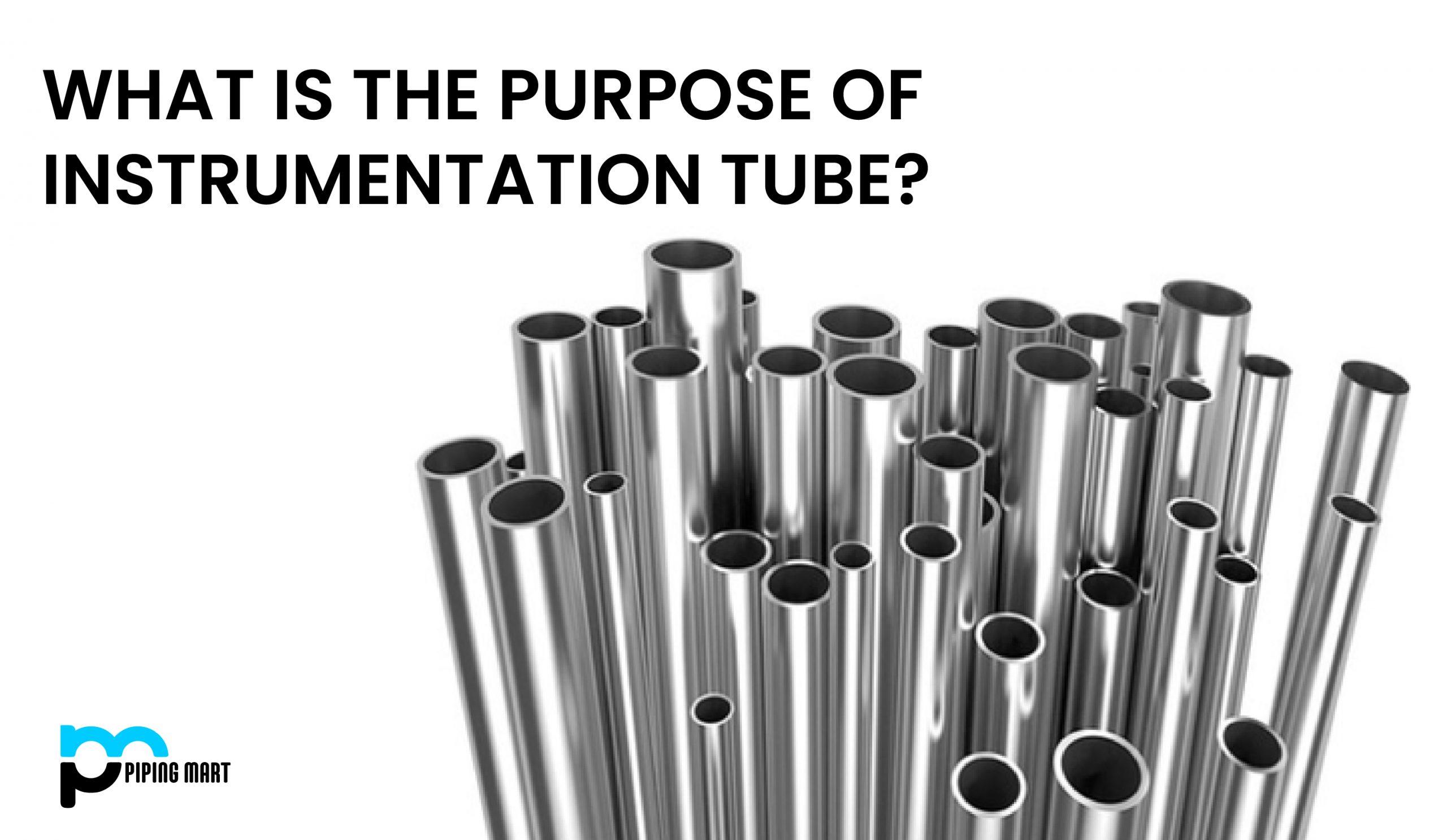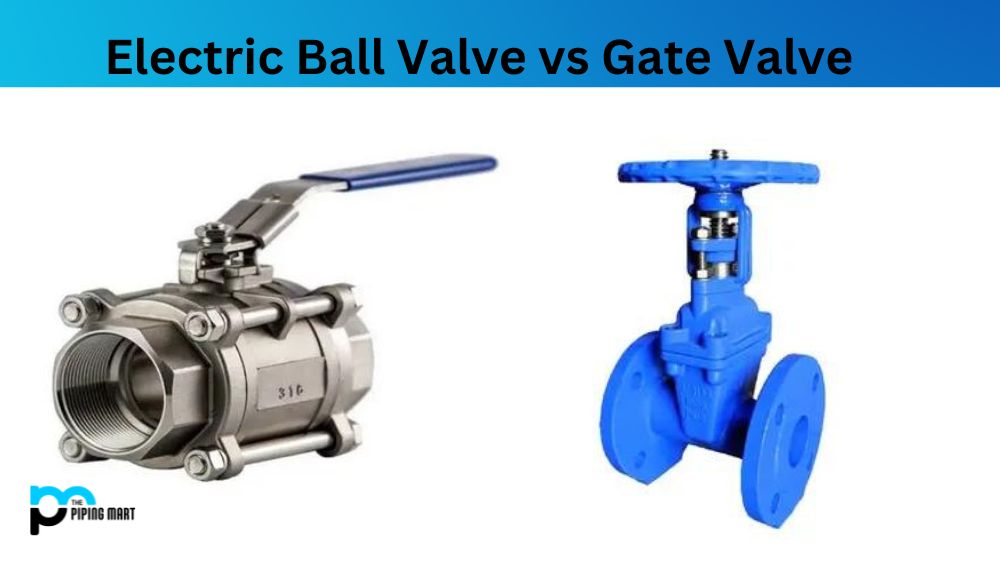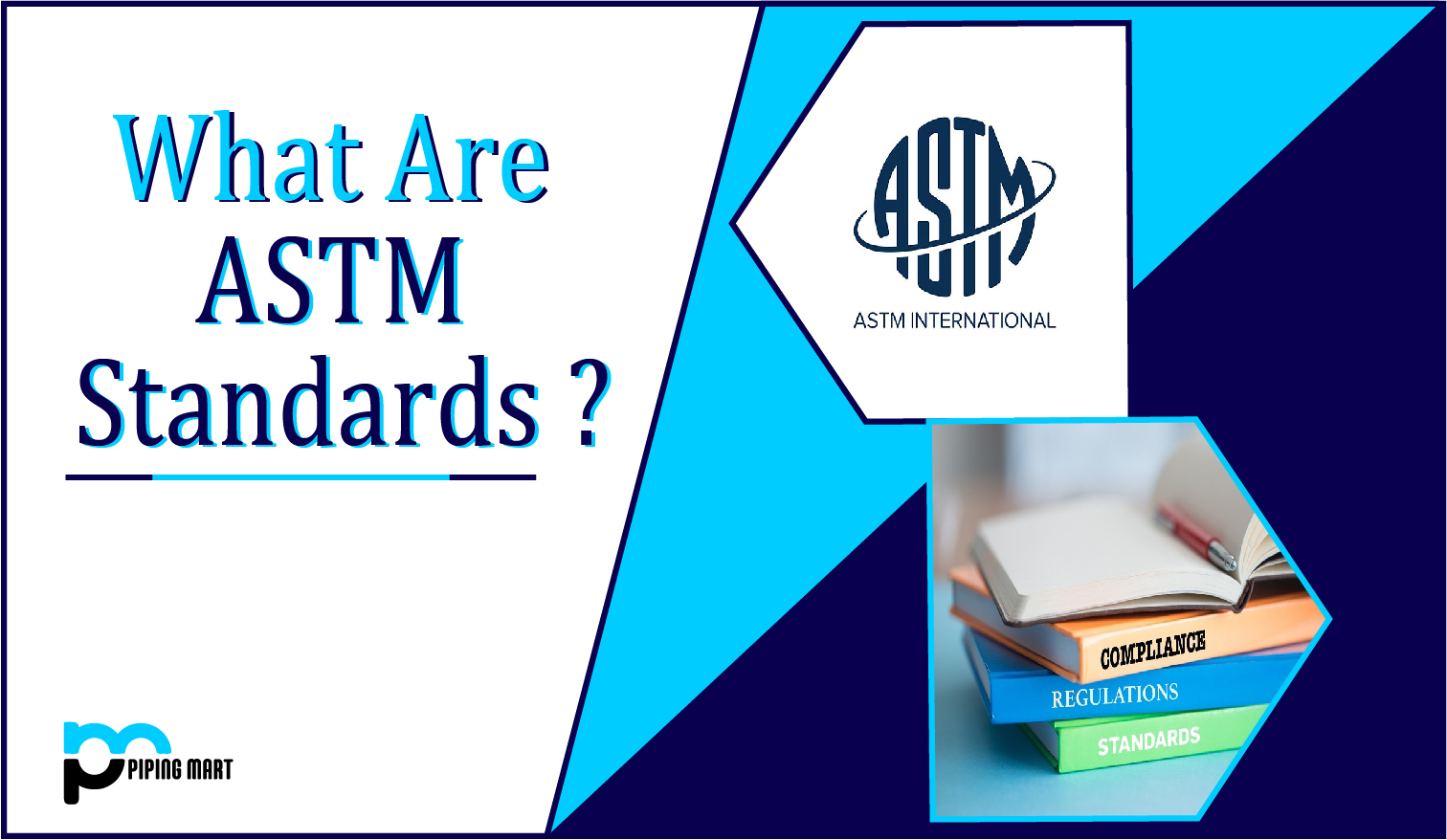Resilient Wedge Gate Valves (RWGV) are increasingly popular among piping or plumbing professionals. As a type of gate valve, RWGV offers advantages that make it a preferred option over other valves. However, it also has drawbacks, which could make some plumbing professionals reconsider their choice. This article aims to provide you with a comprehensive insight into the advantages and disadvantages of RWGV.
Advantages of Wedge Gate Valve
Resilient wedge gate valves offer low-pressure drop: With a larger opening than other valves, RWGV offer a lower pressure drop. This means it offers a better flow rate with less pressure loss. This makes RWGV an ideal choice where pressure drop is critical, such as in water supply systems.
Exceptional sealing: Resilient wedge gate valves feature a resilient material in rubber or EPDM that enables the valve to seal well when closed. The rubber or EPDM resilient material moves around the gate wedge edge to create a tight seal. This makes this type of valve ideal for handling dirty liquids where other valves would fail to seal correctly.
Reduced maintenance: Compared to other types of valves, RWGV has a simple design and requires less maintenance. Resilient gate valves typically use simple metal parts, and the only part that will require regular replacement is the resilient wedge, which lasts for several years.
Disadvantages of Resilient Wedge Gate Valve
RWGV’s rubber wedge might cause some issues: The rubber used in making the resilient wedge could experience some issues with ageing, cracking, or splitting. This could cause leakage and ultimately lead to a failure of the valve. However, by choosing high-quality rubber, this issue can be easily avoided.
Less structural strength than other valves: While RWGV’s design reduces pressure drop, it is a disadvantage as this type of valve has less structural strength than other gate valves. This means that RWGVs are unsuitable for applications requiring high pressure or high temperature, where other valves would be more suitable.
Incompatibility with other pipeline components: RWGVs are incompatible with valves and other pipeline components made of materials such as steel or iron. Piping professionals must match the valve material with other pipes or systems to avoid corrosion and decrease the potential for leakage.
Conclusion:
In conclusion, Resilient Wedge Gate Valves (RWGV) are an ideal choice where low-pressure drop, exceptional sealing, and reduced maintenance are critical. However, they might have disadvantages, making them unsuitable for certain applications. RWGVs are less structurally strong than other valves and might need to be compatible with other pipeline components. As such, piping professionals need to consider the advantages and disadvantages of RWGVs before choosing them for specific applications. With the right installation, maintenance, and frequent inspections, resilient wedge gate valves can offer reliable service for many years.




